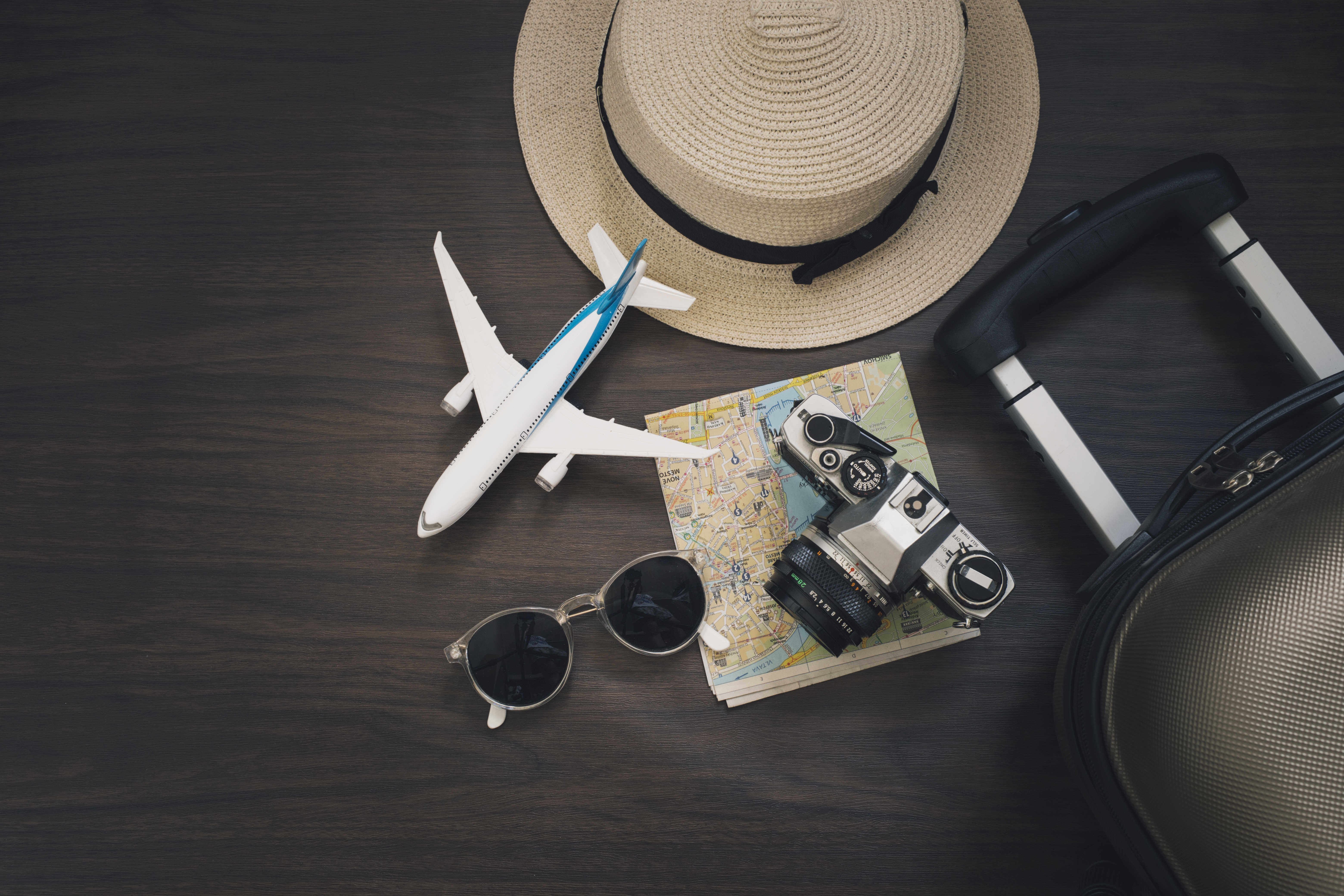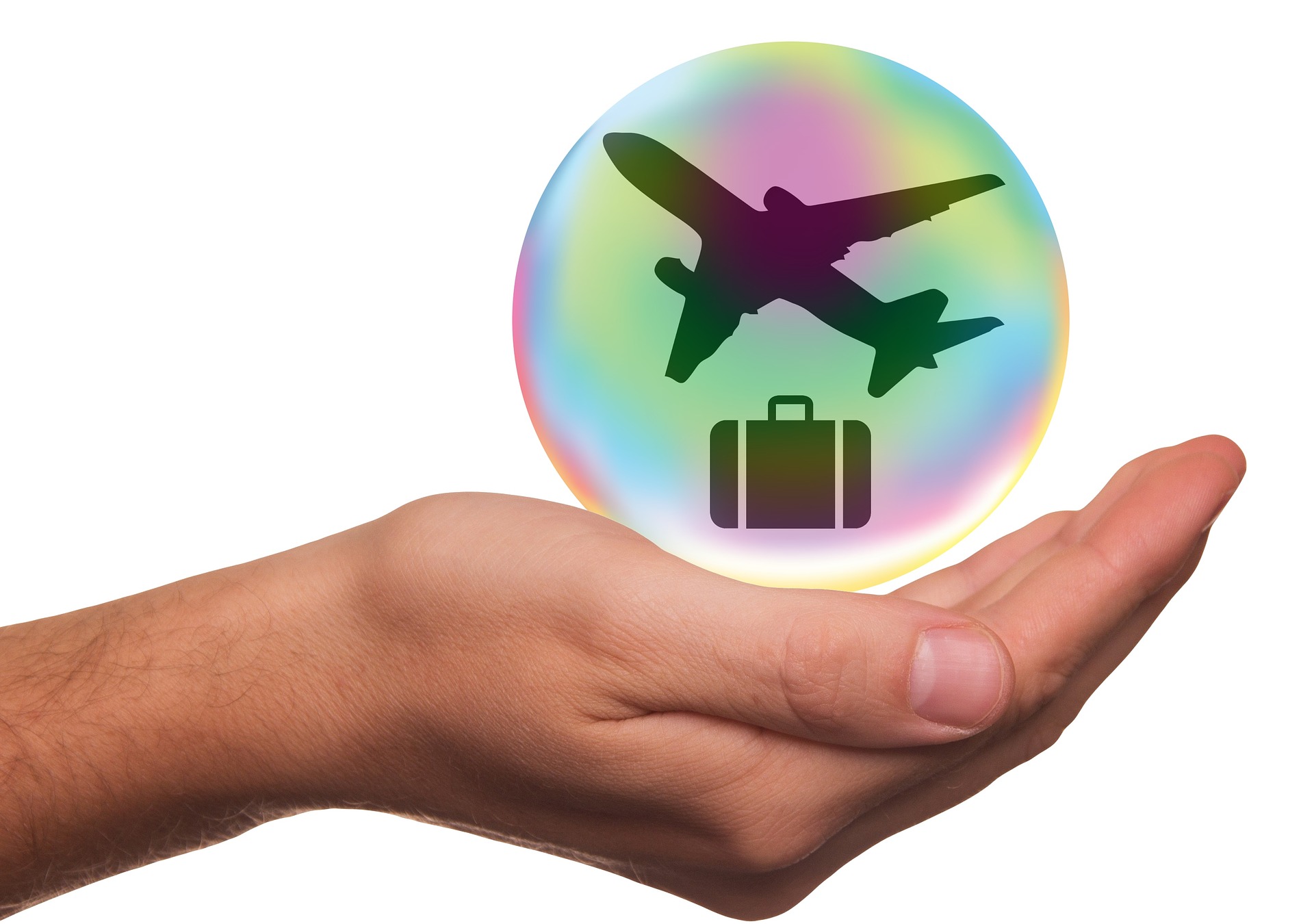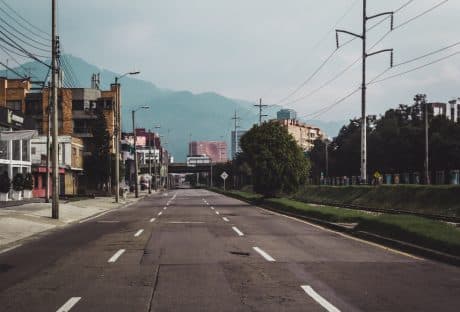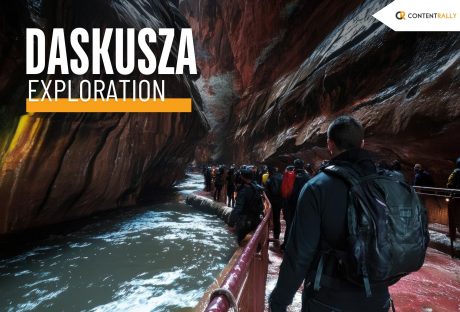After 30 years in the States, I wanted to add more experience to my travel resume than just Rory Brown, Charleston, SC native. Ten years later, I’ve traveled the globe from end to end and collected many experiences that I wouldn’t trade for anything. If you’re planning to take on the open road, here are my ten best travel tips I’ve learned during my time wandering.
Rory Brown’s Top 10 Tips for Travel:
Push past your comfort zone:
It’s amazing how many people travel intending to break out of their comfort zone and find themselves sitting in their hotel room (which by the way, make sure you write down your hotel’s address). Put yourself in situations that you’d normally shy away from. You never know what you may find.
Learn a few local phrases:
Phrases like “hello,””please,” and, “where’s the bathroom?” will go far to ease your travels and avoid potentially awkward encounters. Learning the native language is helpful in your trips and a sign of respect to the local people.
Wander around, and get lost:
Go out intending to wander around without any real idea where you’re going. Some of the best experiences I’ve had traveling I arrived at entirely by accident.
Talk to the locals:
While you’re out wandering, stop in at a local establishment and strike up a conversation with the people there. They know the area and can help you have an authentic experience while you’re in town.
Get travel insurance:
You might think you don’t need travel insurance, especially if your trip isn’t very long, but you really never know what’s going to happen. Travel insurance will protect you if you get sick, injured or even robbed while you’re out of town.
Inform your bank of your travel plans:
Credit card fraud is a big problem these days, so banks always monitor for suspicious activity. The last thing you want is for your card to get declined when you’re halfway across the world.
Travel light when you go out:
Leave most of your belongings where you’re staying and choose just what you need when you go out. This way if the worst should happen, you only lose a small amount of what you have and can recover quickly.
Plan which meals you’ll eat out, and which you’ll make at “home”
Traveling can get expensive. As much as you’ll want to eat the local cuisine every night, if you’re spending long periods on the road or visiting overseas, plan which meals you’ll eat out and ones you’ll have in your hotel or hostel.
Carry a basic first-aid kit:
Like so many other things while you travel, you never know what’s going to happen. Carry band-aids, antibiotic, and tweezers to take care of minor injuries like cuts and splinters.
Remember patience is key:
Unexpected issues are going to pop up. No amount of planning will avoid this. If you’re too rigid about keeping a precise schedule, you won’t actually enjoy your trip. I’ve learned to stay patient throughout my travels and say, “whatever happens, happens.”
Read Also:























